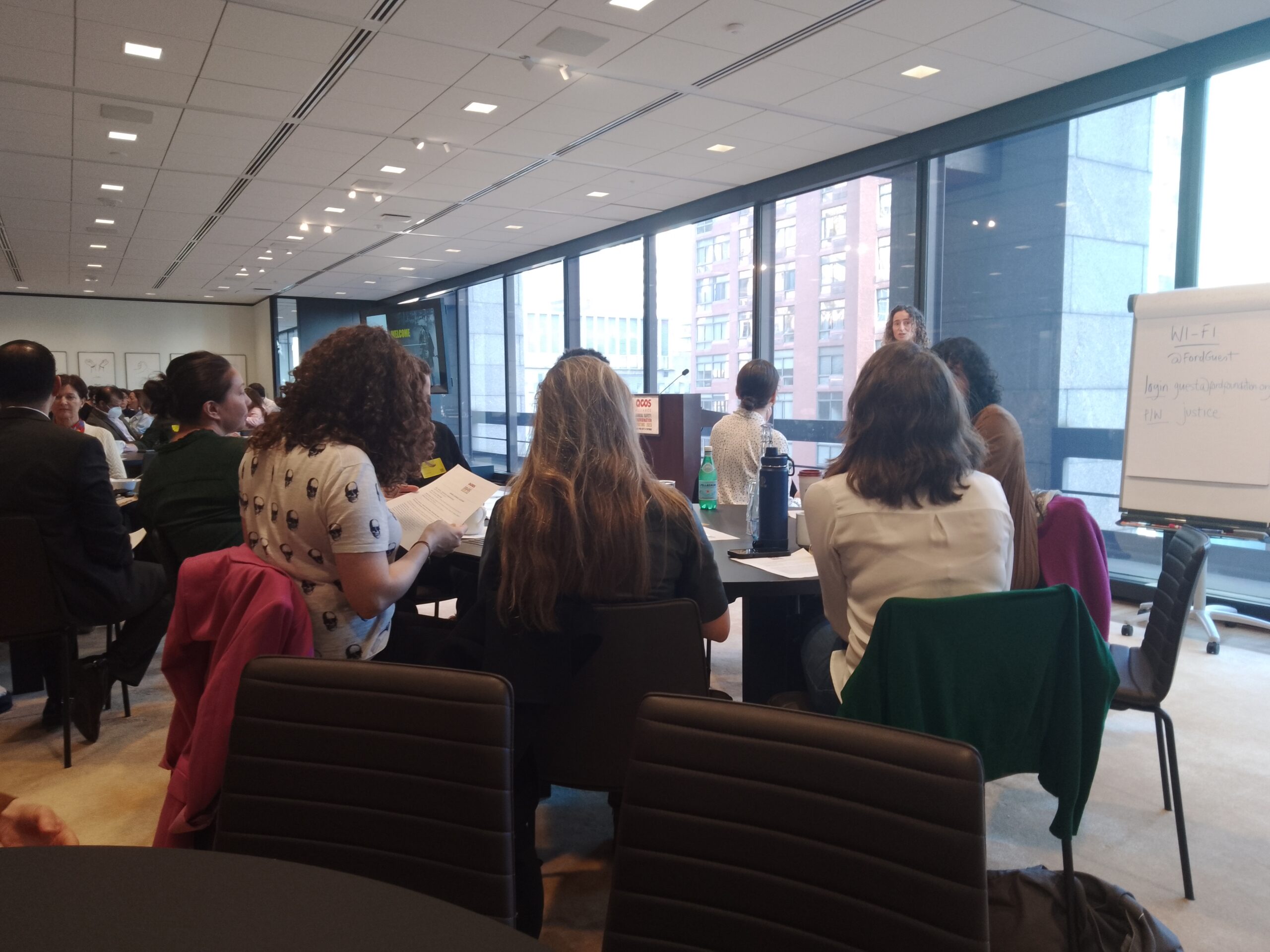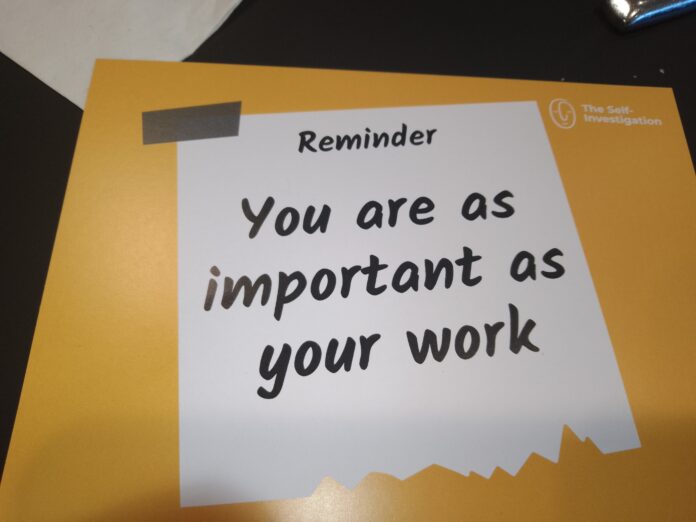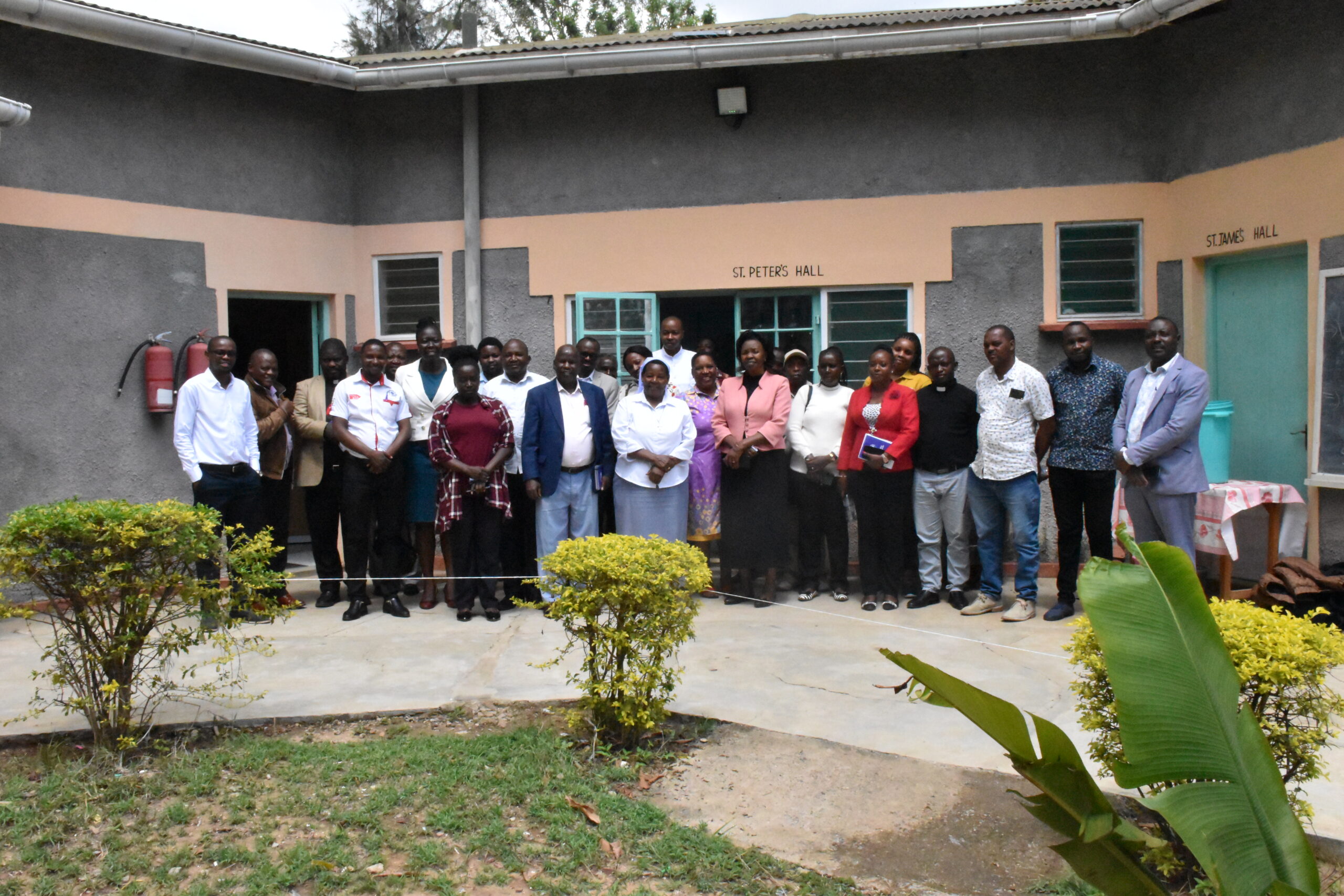By Mary Mwendwa
Nairobi, Kenya: Last week I attended an annual safety coordination meeting in New York convened by ACOS Alliance. Acos Alliance is a unique global coalition of over 150 news organizations, journalist associations and press freedom NGOs working together to champion safe and responsible journalism practices.
Elisabet Cantenys the Executive Director of Acos Alliance coordinated the two-day event where representatives from media houses and media organizations were present.
Top on the agenda was the safety of freelancers. It emerged that many newsrooms rely on freelancers for some assignments yet they are exposed to safety risks which some media houses do not take into consideration when commissioning them.

It was such an honor for Talkafrica, an online publication that is owned by the Association of Freelance Journalists in Kenya, a small newsroom in Kenya that works with freelancers to be represented in this meeting. As an editor at talkafrica, I spoke about the need for collaborations and networks to help freelancers who work with us uphold safety standards and also when signing contracts to be on the lookout.
A session on safety workshops for freelancers and editors where real scenarios with editors and security experts helped analyze and advise on how to handle them.
Some of the media houses present were; The York Times, The Texas Tribune, Talkafrica, Global Press, Wall Street Journal, Abu TV, Secret Compass, BBC, Thompson Reuters, AP, NBC News, and Radio Free Asia among organizations like Dart center for journalism and trauma, CPJ, IWMF, DK Akadamie, Association of Freelance Journalists in Kenya and Association of Media Women in Kenya.
The first day started with a session on safety workshops for freelancers and editors where real scenarios with editors and security experts helped analyze and advise on how to handle them. The attendees split into different groups where risk assessment and risk profile workshops were held.
Bruce Shapiro from the Dart Centre for Journalism and Trauma and Elana Newman with Hannah Storm from the Headlines Network facilitated the session on Resilience and self-care for freelancers and editors. It emerged that sometimes journalists and editors get scared to speak about mental wellbeing yet they get exposed. Burnout was something that is experienced a lot and they advised the editors and journalists to take small breaks during their work to allow the mind to relax and refresh.
Trauma exposure in journalism was noted to be higher than in the general population and therefore newsrooms need to take this very seriously.
Bruce and Hannah also took through the editors the signs to look out for in journalists when they are going through mental challenges. Lateness, missed deadlines, sick leaves, anger, irritability, lack of concentration, and depression are a few to note.
Other facilitators present were: Laxmi Parthasarathy, Chief Operating Officer, Global Press, Gina Chua, Semafor, Marc Perkin, Investigations Editor for Europe and Asia, BBC World Service, and Sally Fitton from the Secrete Compass among many others.
Chief Editor for Abu TV from Afghanistan narrated how the Taliban were a threat to press freedom. He called on the world not to ignore how the Taliban has killed more than 13 journalists within his newsroom.
The meeting ended on a high note where the need for Trauma-informed newsrooms, funding models for journalists that sustain a culture of safety, and financial support that is sustainable were emphasized.













